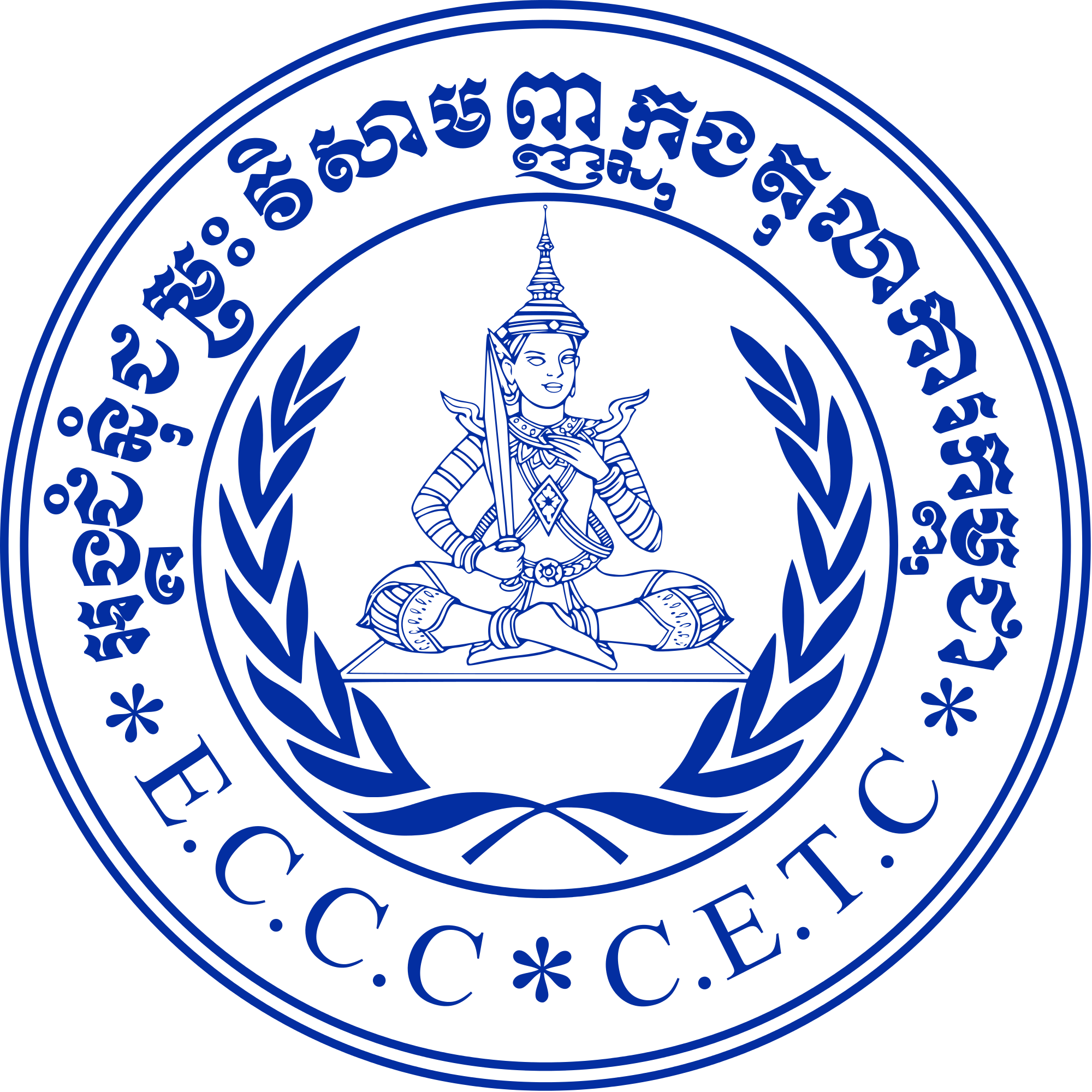Media reports indicate that questions have arisen at recent court outreach events concerning whether there will be more cases at the ECCC after Cases 003 and 004. The International Co-Prosecutor, Nicholas Koumjian, reiterates that the consistent policy of his office remains as first announced by his predecessor on 8 September 2009: no further cases will be submitted to the Co-Investigating Judges. The focus of the International Co-Prosecutor and his staff remains squarely on completing the cases currently on appeal, at trial and under investigation fairly and expeditiously, so that justice can be done and seen to be done and a fuller measure of accountability achieved for the crimes committed during the period of Democratic Kampuchea.
Sidebar
EXTRAORDINARY CHAMBERS IN THE COURTS OF CAMBODIA
The Khmer Rouge regime took power on 17 April 1975 and was overthrown on 7 January 1979. Perhaps up to three million people perished during this period of 3 years, 8 months and 20 days. The end of Khmer Rouge period was followed by a civil war. That war finally ended in 1998, when the Khmer Rouge political and military structures were dismantled.
In 1997 the government requested the United Nations (UN) to assist in establishing a trial to prosecute the senior leaders of the Khmer Rouge.
In 2001 the Cambodian National Assembly passed a law to create a court to try serious crimes committed during the Khmer Rouge regime 1975-1979. This court is called the Extraordinary Chambers in the Courts of Cambodia for the Prosecution of Crimes Committed during the Period of Democratic Kampuchea (Extraordinary Chambers or ECCC).
The government of Cambodia insisted that, for the sake of the Cambodian people, the trial must be held in Cambodia using Cambodian staff and judges together with foreign personnel. Cambodia invited international participation due to the weakness of the Cambodian legal system and the international nature of the crimes, and to help in meeting international standards of justice. An agreement with the UN was ultimately reached in June 2003 detailing how the international community will assist and participate in the Extraordinary Chambers.




